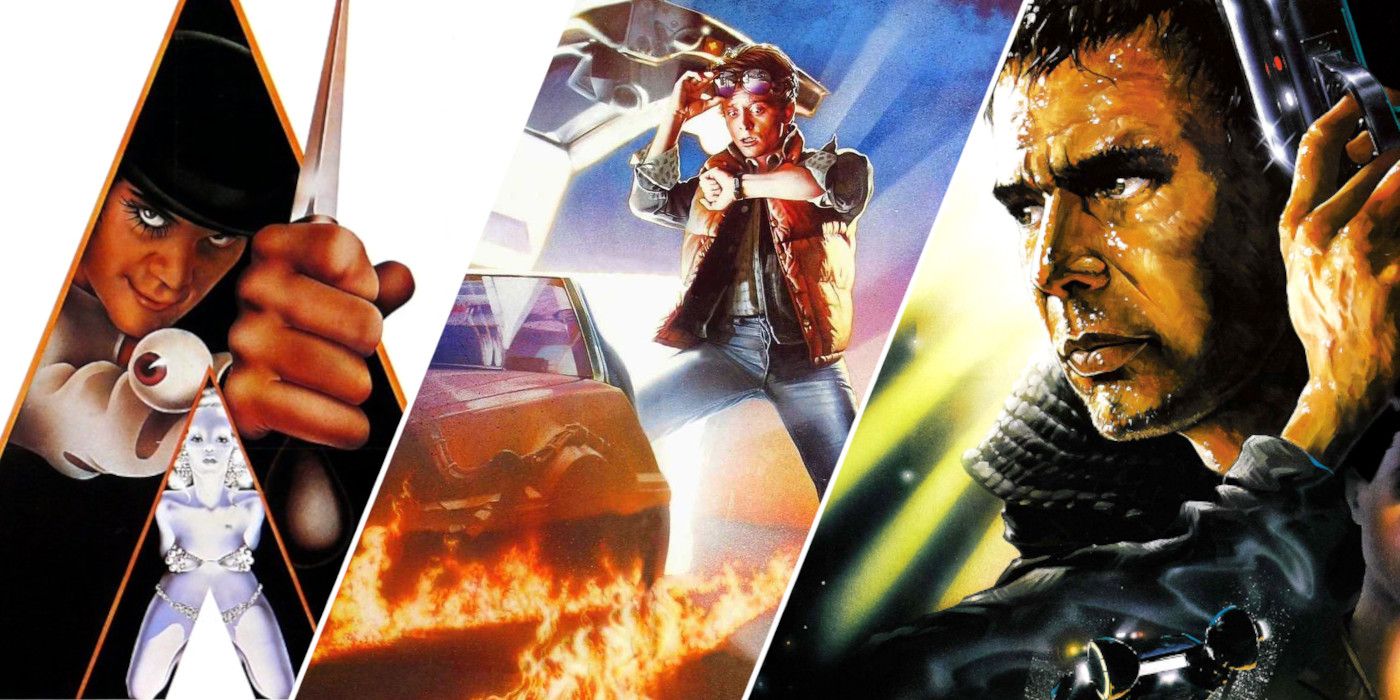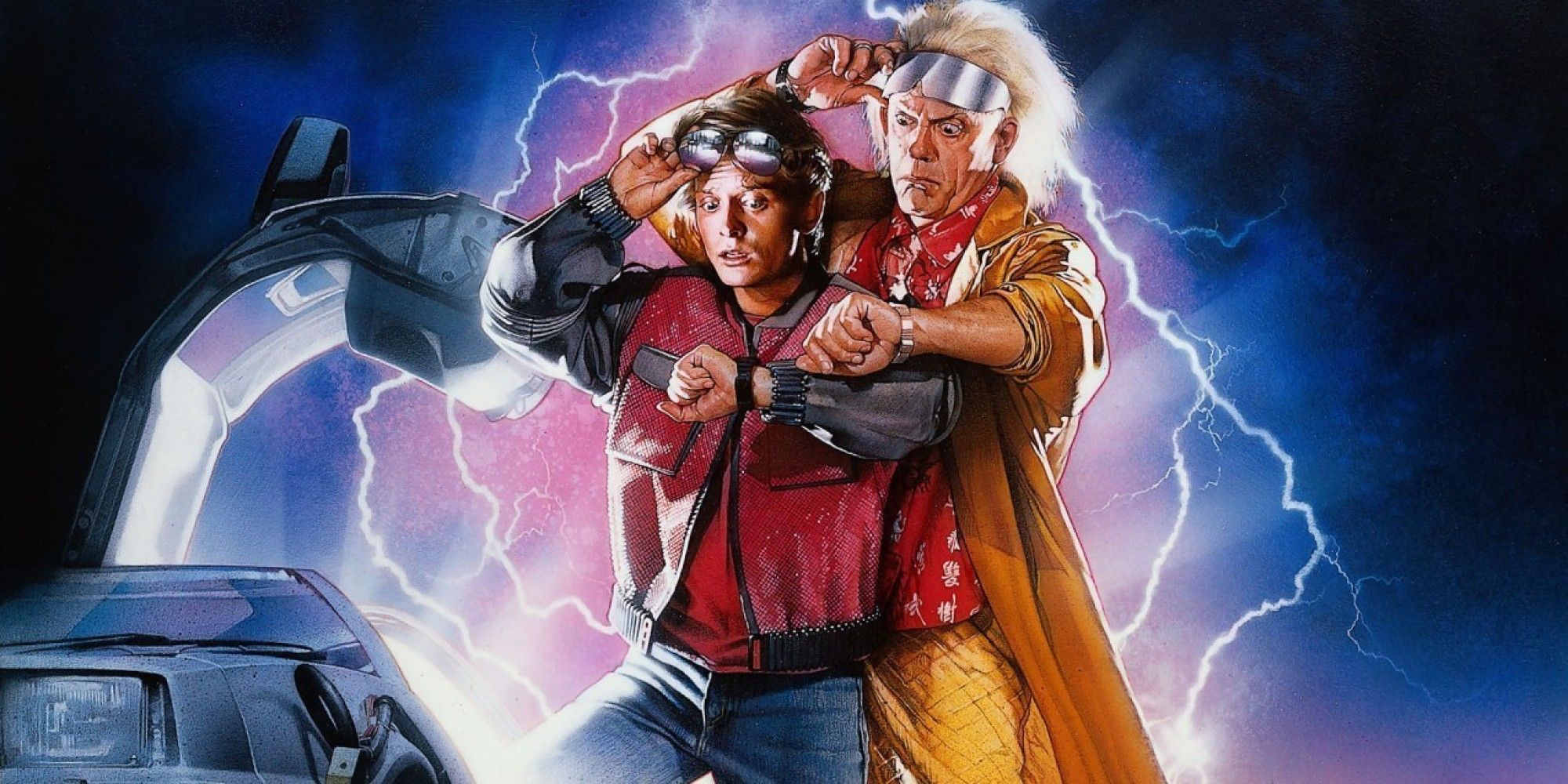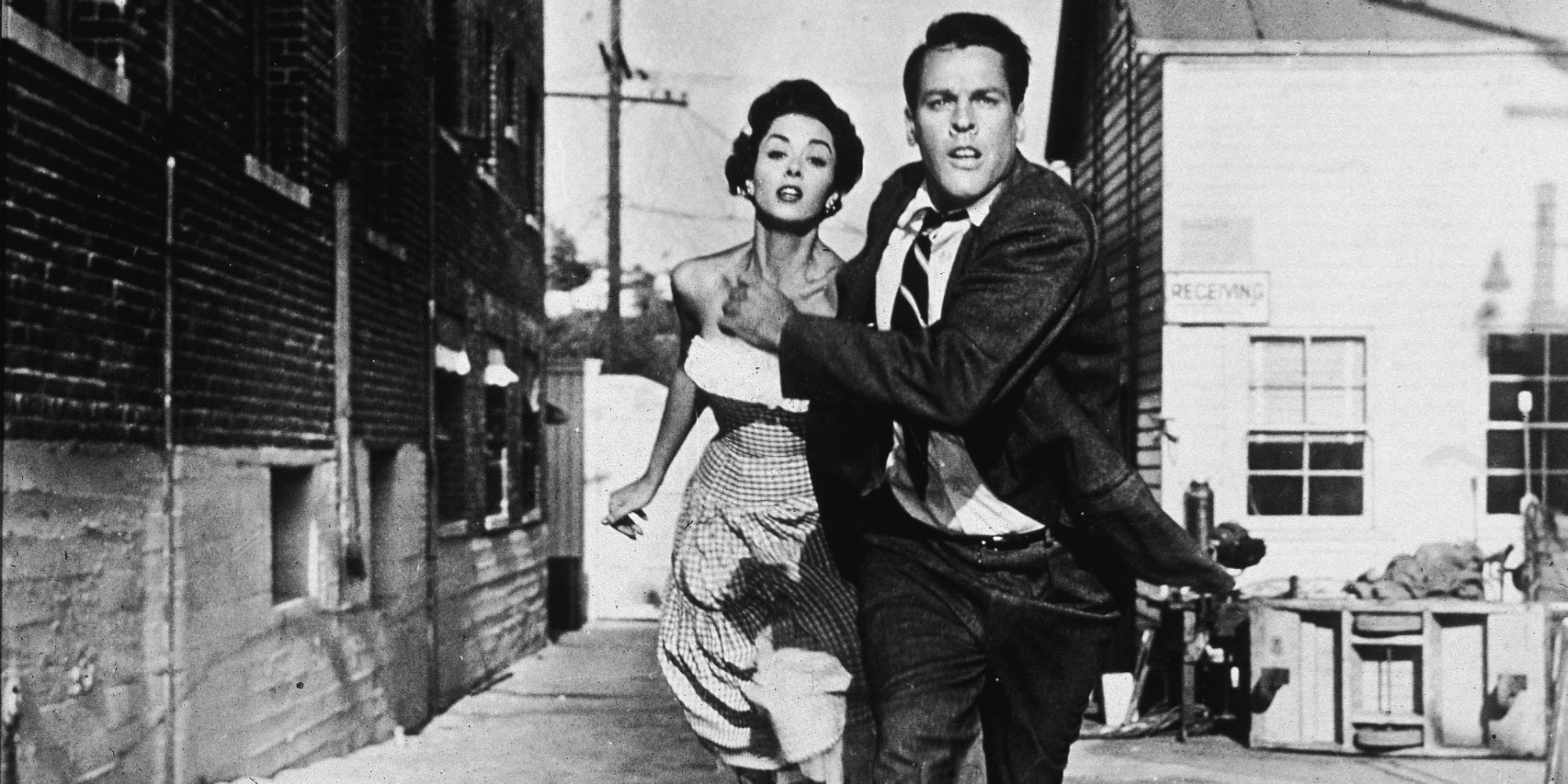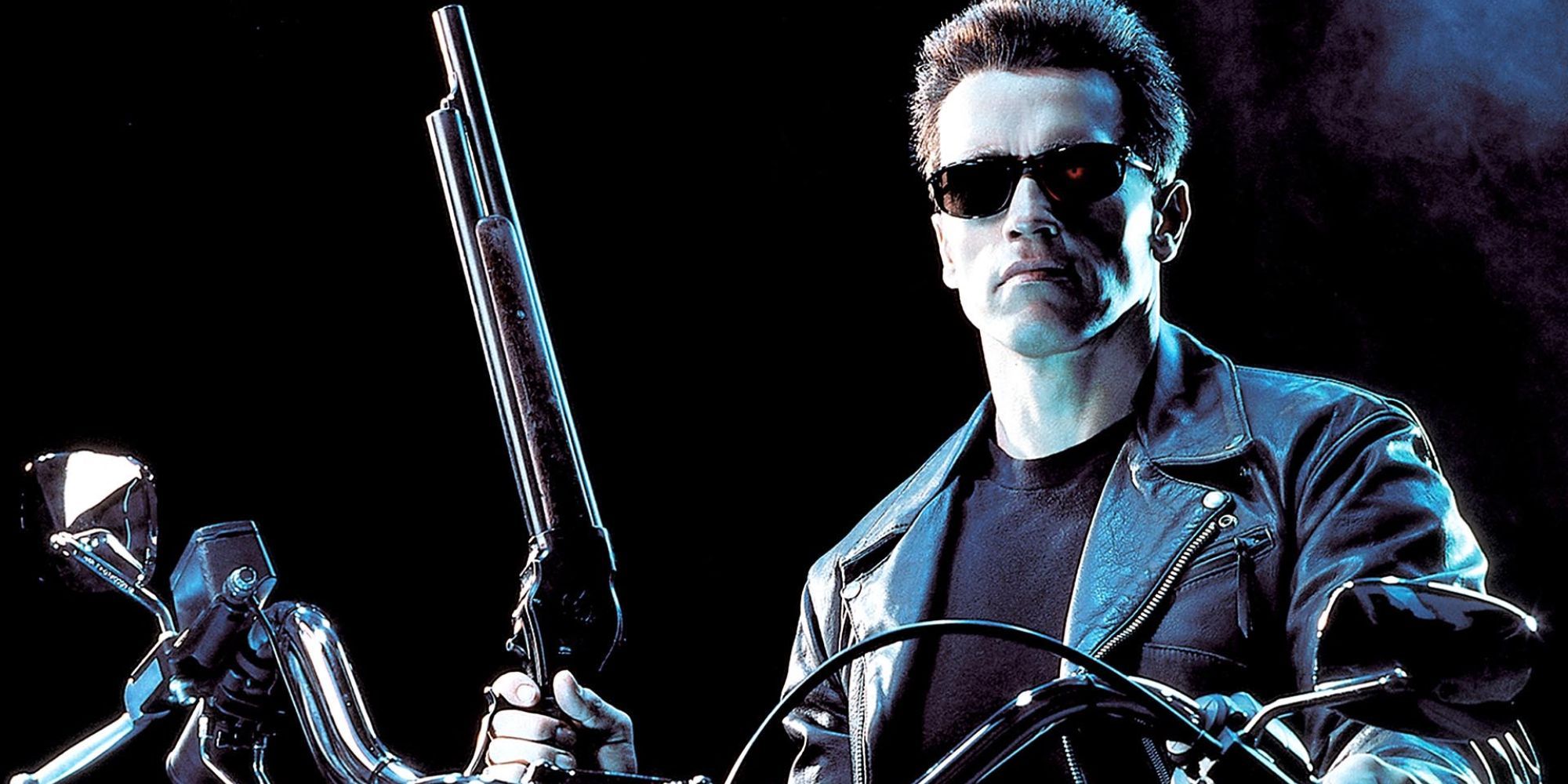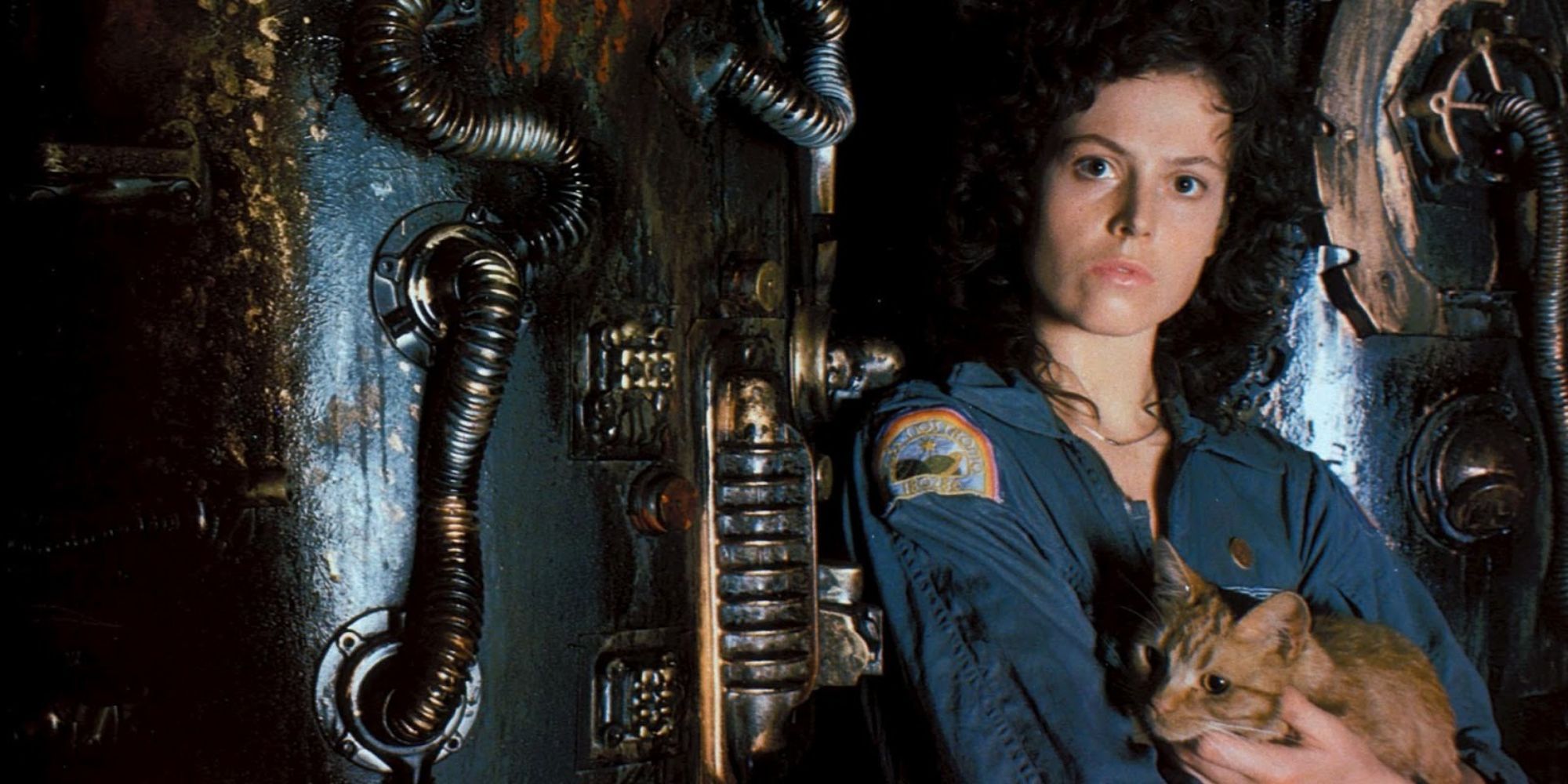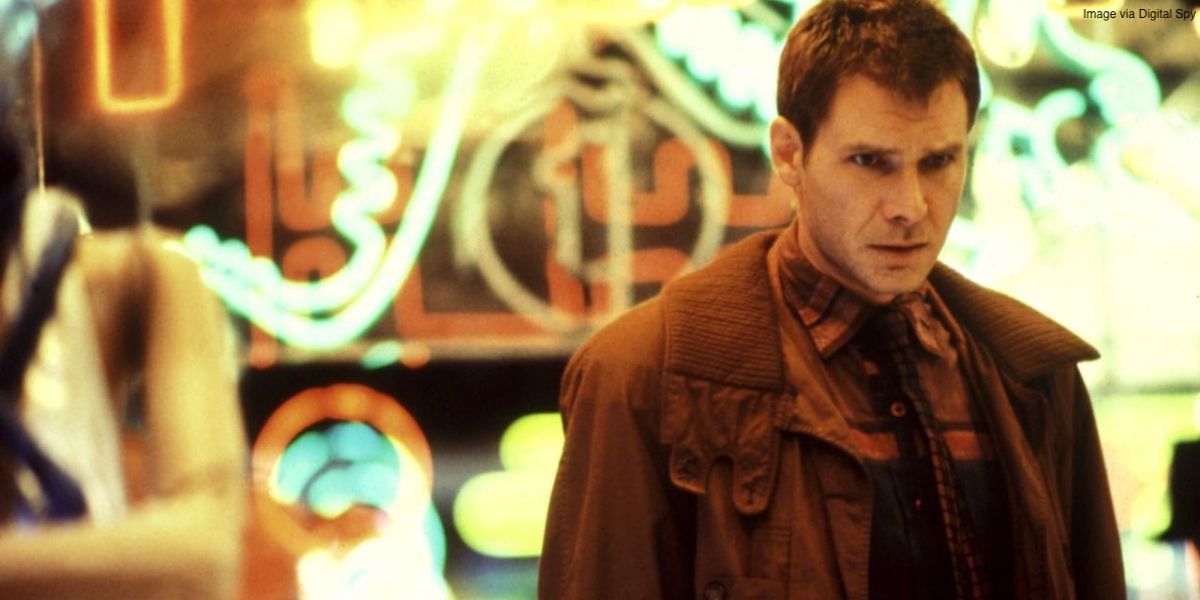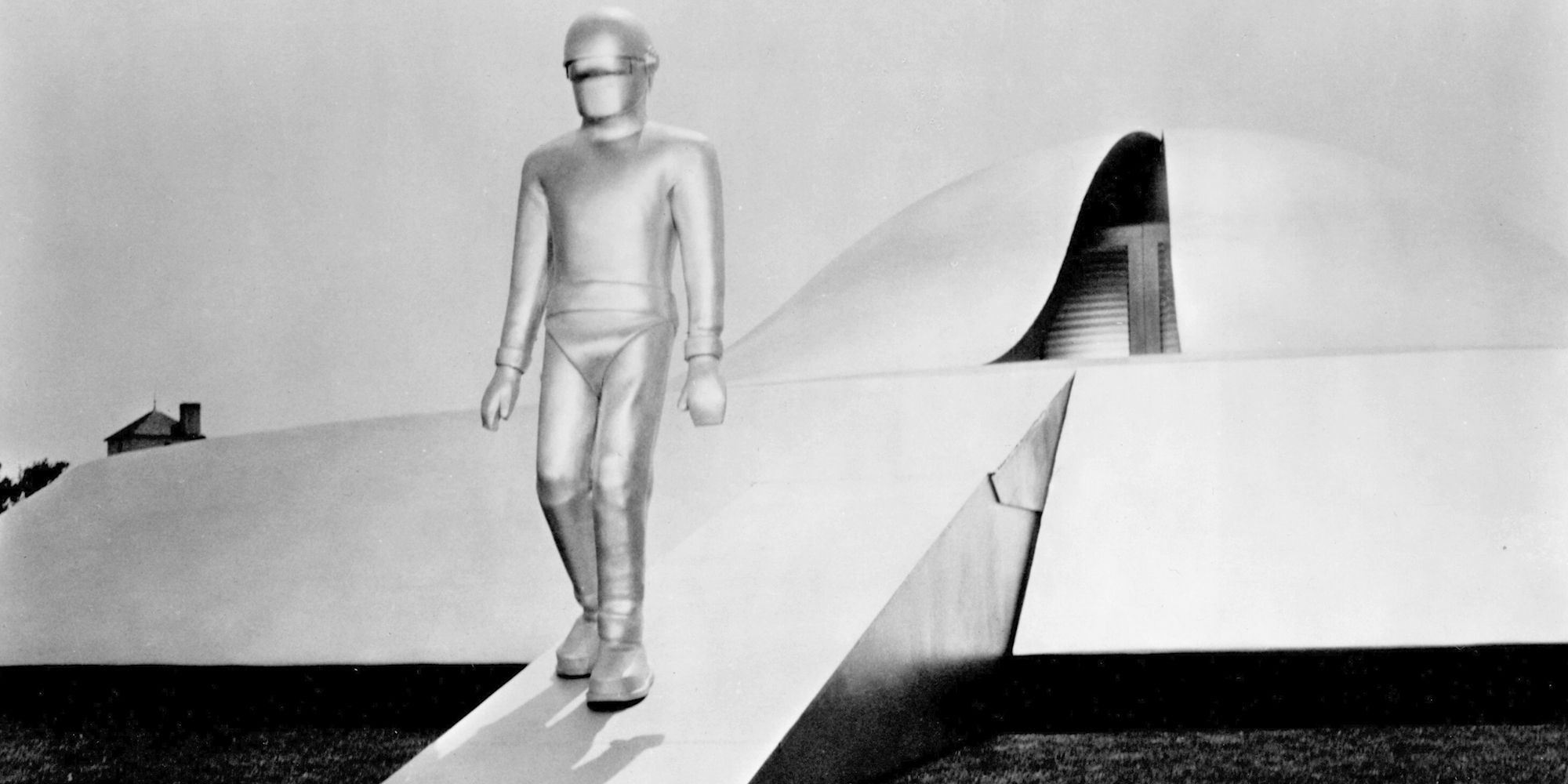Science fiction has been one of cinema's favorite genres since the dawn of the medium. From groundbreaking pictures like Fritz Lang's Metropolis to modern masterpieces like Nope, science fiction has thrived on the big screen, showing no signs of stopping.
The American Film Institute has recognized sci-fi's importance several times, including honoring it as part of its 2008 10 Top 10. Defining it as a genre "that marries a scientific or technological premise with imaginative speculation," the AFI acknowledged several game-changing science fiction pictures that became crucial and iconic parts of Hollywood's rich and timeless legacy.
10 'Back to the Future' (1985)
Michael J. Fox and Christopher Lloyd star in Robert Zemeckis' sci-fi classic Back to the Future. The plot centers on eccentric scientist Emmett Brown, who successfully builds a time machine out of a DeLorean. Things get complicated when his teenage assistant, Marty, feels an assassination attempt and travels to the past, where he accidentally prevents his parents from meeting.
Wacky and rousing, Back to the Future soars thanks to a clever screenplay and the endless charm of Michael J. Fox and Christopher Lloyd. The film presents a nostalgic and loving portrayal of a bygone past mixed with the zany and lively humor of the 80s, resulting in an unforgettable piece of entertainment that's as heartening as it's intelligent.
9 'Invasion of the Body Snatchers' (1956)
Science fiction and horror go hand-in-hand, and 1956's Invasion of the Body Snatchers proves it. The story centers on alien plant spores capable of producing an identical copy of any human, devoid of all emotion and empathy. When a doctor discovers the truth, he begins a frantic quest to stop the invasion.
Ignored at the time of its original release, Invasion of the Body Snatchers became a cult classic and a bonafide science fiction legend throughout the years. Chilling and riveting, the film excels as an allegory for the social and political environment of the 1950s and a well-crafted, expertly told sci-fi tale of aliens versus humanity.
8 'Terminator 2: Judgement Day' (1991)
Terminator 2: Judgement Day is among the few sequels that surpass the original. James Cameron's action sci-fi sees Arnold Schwarzenegger's return as the T-800, a reprogrammed Terminator sent to the past to protect John Connor from an advanced and shapeshifting Terminator sent by Skynet to kill him.
Daring, thrilling, and featuring some of the most impressive and gripping action setpieces in sci-fi history, Terminator 2: Judgement Day is the perfect marriage of cerebral storytelling and visual spectacle. Cameron's confident, creatively-rich approach mixed with a stellar cast including Schwarzenegger and a badass Linda Hamilton results in a hectic, fast-paced, and exhilarating action masterpiece that many have tried to imitate, but none have succeeded in replicating.
7 'Alien' (1979)
Ridley Scott has made many seminal films in sci-fi history, starting with 1979's space horror Alien. Sigourney Weaver, Tom Skerritt, and Veronica Cartwright star as the crew of the Nostromo who, traveling back to Earth, must fight against an aggressive alien form set loose on their ship.
Terrifying and groundbreaking, Alien is the ultimate space horror. Powered by Weaver's now-iconic turn as the badass sci-fi heroine Ellen Ripley, Alien abandons science fiction's most famous tropes in favor of an intimate and paranoid tale of survival that excels as a horror nightmare. However, Alien is also an undeniable triumph of sci-fi by focusing on humanity's undefeated will to survive.
6 'Blade Runner' (1982)
The AFI recognized a second Scott film, 1982's neo-noir sci-fi Blade Runner. Starring Harrison Ford, the film follows jaded replicant hunter Rick Deckard tasked with tracking and capturing four advanced replicants who escaped the colonies and returned to Earth.
Like many of the best science fiction movies, Blade Runner received a mixed reception upon release. However, the film is now considered a masterpiece of science fiction thanks to its distinctive visual style, thought-provoking themes, and portrayal of a broken and corrupt future where humanity is on the verge of losing itself.
5 'The Day the Earth Stood Still' (1951)
The 1950s produced many great sci-fi classics, but none were as influential as 1951's The Day the Earth Stood Still. The story revolves around the alien Klaatu and his robot, Gort, who arrive on Earth to deliver a crucial message. Aided by a young boy, Klaatu experiences life on Earth while Gort stands silent and unmoving, increasing tensions with Earth's governments.
Set in the height of the Cold War, The Day the Earth Stood Still is a thinly-veiled analogy for the fears and tensions that plagued 1950s America. Thought-provoking, anxious, and absorbing, The Day the Earth Stood Still is a near-perfect sci-fi film that seamlessly blends social commentary with spectacle.
4 'A Clockwork Orange' (1971)
Stanley Kubrick's 1971 exercise in dystopian cruelty, A Clockwork Orange, remains one of the director's most visceral and haunting efforts. Malcolm McDowell stars as Alex DeLarge, a brutal, charismatic delinquent who enjoys various forms of violence while leading a small gang of equally disturbed hooligans. Captured by the authorities, Alex undergoes an experimental rehabilitation process, the Ludovico Technique.
Elevated by Kuckrick's uncompromising and daring approach and McDowell's iconic portrayal of villainy, A Clockwork Orange is a disturbing and visceral portrayal of violence. The film is a nightmarish character study that forces audiences to come face-to-face with humanity's darkness, producing a cold and detached exercise in cruelty that will leave audiences thinking and possibly shaking.
3 'E.T. the Extra-Terrestrial' (1981)
Possibly the greatest humanist to ever sit behind the camera, Steven Spielberg is arguably the most influential director in modern Hollywood. His shameless optimism is on full display in his science fiction adventure, E. T. the Extra-Terrestrial. The plot centers on Elliott, a ten-year-old boy who befriends an alien and must help send him back to his planet.
A cinematic triumph in every sense of the word, E. T. the Extra-Terrestrial is a joyous celebration of childhood, friendship, and humanity's innate gift for kindness. E. T. is a love letter to the power of feelings and an enduring testament to the magic of cinema.
2 'Star Wars' (1978)
George Lucas' iconic sci-fi Star Wars was a cinematic event of epic proportions. The film follows the young Luke Skywalker, who becomes involved with the Rebel Alliance against the tyranny of the Galactic Empire, led by the terrifying enforcer Darth Vader.
Widely considered among the all-time best space operas, Star Wars was a cinematic game-changer. Seldom had a film revolutionized the industry so potently, with groundbreaking visual effects in service of a grand story, massive in scope and ambition with a rich emotional payoff. Star Wars was a cultural phenomenon, launching a wildly successful franchise and changing how audiences experienced big-scale filmmaking.
1 '2001: A Space Odyssey' (1968)
Stanley Kubrick makes his second appearance in the AFI's 10 Top 10 Science Fiction movies with his pioneering epic 2001: A Space Odyssey. The plot centers on a group of astronauts and scientists on a journey to Jupiter to investigate a mysterious alien monolith. However, the voyage suffers unexpected complications when the ship's computer, the sentient AI HAL 9000, begins behaving erratically.
It's not an overstatement to declare 2001: A Space Odyssey among the all-time best pictures in the history of cinema. Entrancing, challenging, and infinitely rewarding, the film is Kubrick's masterpiece, a stimulating journey of the mind that represents one of cinema's most enticing achievements. Much like the monolith in the story, 2001: A Space Odyssey is elusive and hypnotic, meant to be experienced, if not understood.

